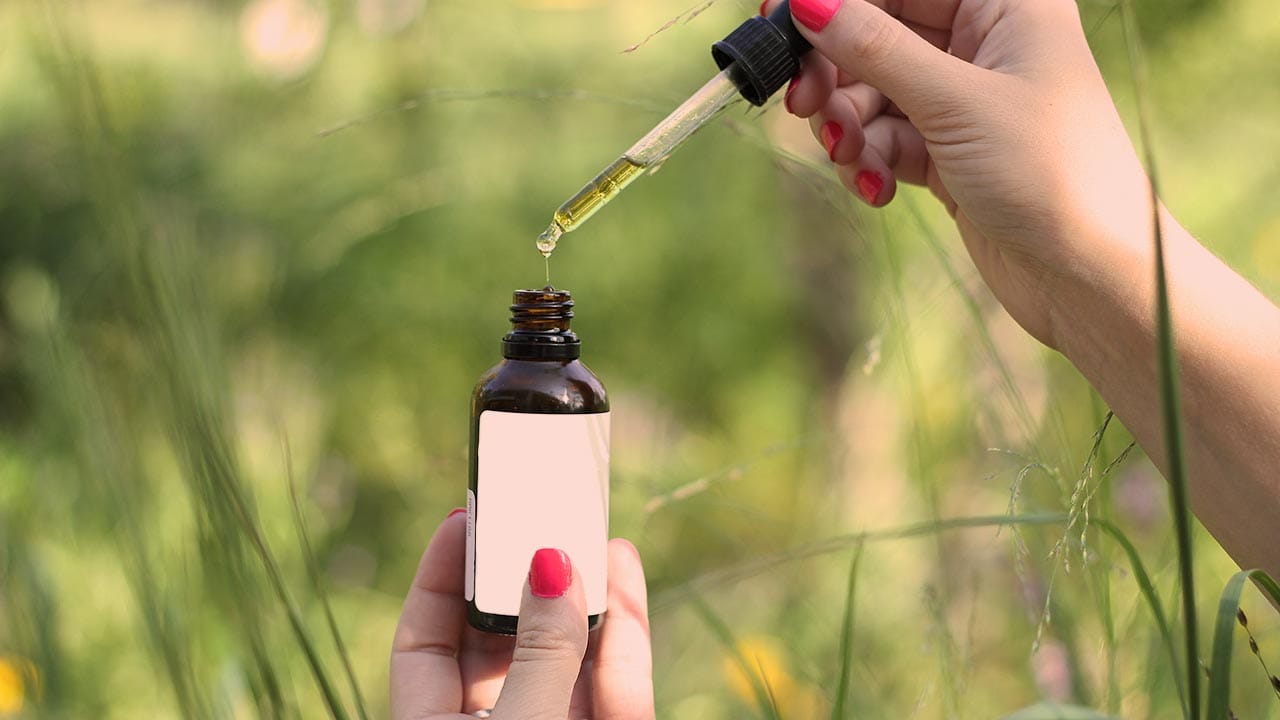New Study Determines Acceptable CBD Daily Intake Value
Summarize

Canopy Growth Corporation and Charlotte’s Web, two of the most respected CBD companies producing CBD products, commissioned a scientific review of 28 human clinical trials plus some laboratory animal studies. The study aimed to determine the CBD dosage for healthy adults that did not increase liver enzymes.
The results published in Regulatory Toxicology and Pharmacology said, “Based on the metrics used in this assessment, a potential Acceptable Daily Intake (ADI) value of 0.43 mg/kg-bw/d (e.g., 30 mg/d for a 70-kg adult) was determined for the general population based on liver effects in human studies.” The general population includes sensitive people like children. It goes on to say that healthy adults, except for those trying to conceive or already pregnant or breastfeeding, can safely take 100-160 mg of CBD. Healthy adults who are pregnant or breastfeeding should limit CBD doses to 70 mg per day.
The researchers examined the effects of CBD dosages on adults who had not been diagnosed with or treated for a medical condition. The study participants were also not taking any medications. Researchers also reviewed some more studies addressing other health concerns besides liver impairment. One review area looked at whether CBD can change DNA structure permanently. The study review found pure CBD isolate was not mutagenic, meaning it did not change DNA.
The study cited previous surveys of Americans and Canadians that found 16-26% of adults had consumed CBD oil in the prior 12 months. Holly Johnson, chief science officer at the American Herbal Products Association (AHPA), believes there is now enough available data for the FDA to establish recommended upper consumption levels of CBD like the U.K., Canada, and Australia have already done. The AHPA believes CBD should be treated like other herbal supplements. This means the FDA would recommend a maximum dosage but does not need regulation except in areas like honest labeling.
The FDA responded to the review of CBD clinical studies by saying, once again, more data is needed on the effects of long-term CBD usage. Despite the data already available, the FDA believes it needs more evidence to determine how much CBD is safe and how long it can be taken before causing humans harm. Until the FDA agrees to issue a regulation, CBD cannot be marketed as a supplement. This is frustrating for CBD producers because they believe the FDA is not acting consistently.
The FDA’s unwillingness to name CBD products as supplements is keeping the marketplace in turmoil. It is creating issues for CBD producers who invest a lot of resources in producing quality products, and it creates confusion in consumers’ minds. It is difficult to understand why other countries trust the data enough to issue recommended upper consumption levels, but the FDA does not.
Share this post


0